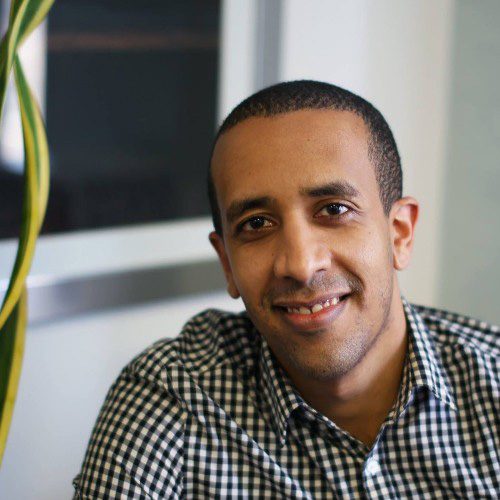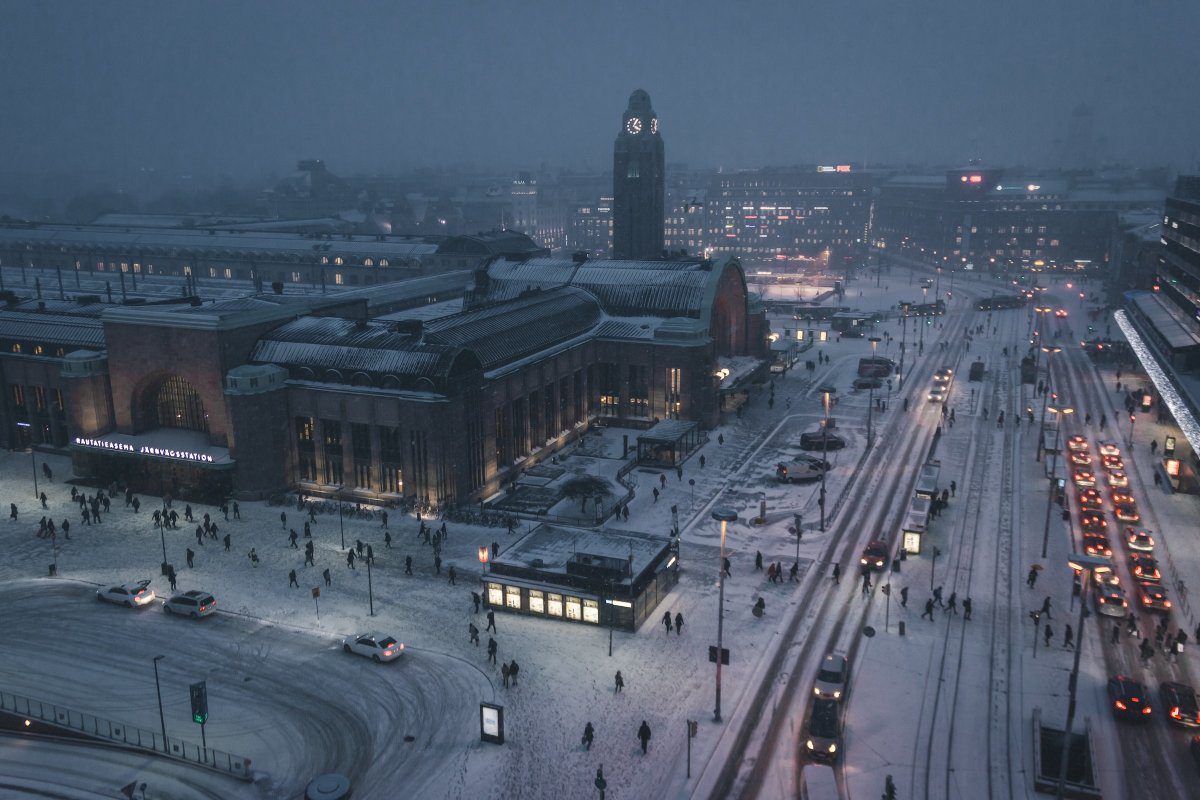Skift Take
Estonia, Latvia and Finland have gone two years without Russian tourists, and they can go on longer.
Estonia, Latvia and Finland are restricting the return of tourists from Russia — one of their historic top source markets — to exert pressure on the latter’s government to end its invasion of Ukraine.
The restrictions are accelerating each destination’s pivot away from the Russian market, a trend that started during the pandemic.
As of this summer, Estonia denied entry to Russian citizens with Schengen tourist visas issued by local authorities. Latvia stopped issuing their own to Russian citizens. Finland will limit the number of tourist visas it issues to Russian to 10 percent of the current volume.
The ministers of these countries are now calling on other European countries to stop issuing visas to Russian tourists. The group has expanded to include two more of Russia’s neighbors: Poland and Lithuania. European Union foreign ministers will discuss the idea at their meeting on August 29.
Tourism industry stakeholders in these countries know that banning one of their historic top source markets won’t help their recoveries, but they understand their necessity. “We are really supporting Ukraine at the moment and we really don’t care that we are losing some dollars maybe in this business,” said Merike Hallik, Secretary General of the Estonia Tourism and Travel Association (ETTA).
“Everyone understands the situation so there hasn’t been many criticisms,” said Visit Finland Senior Director Kristiina Hietasaari. “We don’t feel comfortable seeing a Russian tourist enjoying their life here in Finland and Helinisiki, particularly, because there are a lot of Ukrainians here as well.”
Estonia’s Halik is tying the clampdown on Russian tourists to their government’s behavior.
“[Russia’s] citizens at the moment have to understand that when their government is acting like they are now against any human understanding of freedom and rights, then their citizens shouldn’t have the liberty to travel around the world,” Hallik said.
Russian citizens shouldn’t be allowed to enjoy the freedoms the European Union has to offer that their government denies to Ukrainians, she said.
Amid the pandemic, tourism from Russia flatlined. The share of nights spent in accommodation establishments by Russian tourists fell from 7.5 percent of overnight stays to 4 percent in 2020 and 1.6 percent in 2021, according to the Estonia Tourism Board.
Russia’s latest invasion of Ukraine began in February 2022. Russia annexed Crimea in 2014.
Covid travel restrictions like border closures and vaccine policies kept Russian tourists out. “There’s already been two years where there haven’t been any Russian tourists because of the pandemic and Europe not accepting their vaccines like the Sputnik vaccination,” said Visit Finland’s Hietasaari.
Even though the restrictions have eased, the Ukraine War has halted their full return. “Already during the pandemic, the tourist flows from these countries [Russia, Ukraine and Belarus] stopped because of all of the restrictions,” said Inese Šīrava, Director of Tourism at the Investment and Development Agency of Latvia. “After the Ukraine conflict started, of course there’s nothing going on in these markets.”
Russians now can’t travel into the European Union by air. In April, the European Union banned 21 Russian airlines from operating within its territory. In response, Russia banned European airlines. What these bans have done is replace the pandemic restrictions, Hietasaari said. “This is a continuation of the same situation but the reason is now different.”
Russian tourists have resorted to obtaining Schengen visas from other European Union countries, by busing or driving their personal cars to cross the border into Estonia, Latvia and Finland, then flying to other European destinations. Estonia, Latvia and Finland allow entry to holders of Schengen visas issued by other countries. A major objective of extending the visa ban is to close this workaround. If the European Union does not enact a ban itself, the countries have said they will implement their own regional ban.
Here is Estonia Prime Minister Kaja Kallas below.
While Russian tourists were gone, these countries’ tourism industries leaned more on tourism from each other. Estonia, for example, has seen strong rebounds from Latvia and Finland these past several months, according to the Estonia Tourism Board.
But with no end in sight to the war, the businesses dependent on Russian tourists are feeling the pinch. Tour operators and other businesses in Eastern Finland, for example, are “suffering a lot more severely than other parts of the country,” according to Hietasaari.
These businesses created their products and services according to the tastes of Russian tourists. “Now they have to consider new target groups,”’ said Hietasaari. “They have to reconsider the whole offering, whether it is attractive to new target groups. It takes time to understand the new demand.”
Indeed, destinations are looking for replacements. “In the two years, we had to switch to other markets and replace Russia and Belarus with others, mainly other European markets,” Latvia’s Šīrava said. “I can’t say we don’t need them, but we need to find new markets.”
That search, however, won’t be going East any time soon without the return of Russian airspace. Many tourists fly from Asia through Russia into European destinations. European airlines now have to use longer routes. The reduced air connectivity increases flight times and costs for long-haul tourists from the East.
The reduced air connectivity with Asian markets like Japan is one reason why Finland is still far behind on its recovery compared to its other Scandinavian neighbors, Hietasaari said.
Have a confidential tip for Skift? Get in touch
Tags: estonia, finland, russia, ukraine, visas
Photo credit: A view of Helsinki, Finland. Finland will limit the number of tourist visas it issues to Russian to 10 percent of the current volume. Alexandr Bormotin / Unsplash


